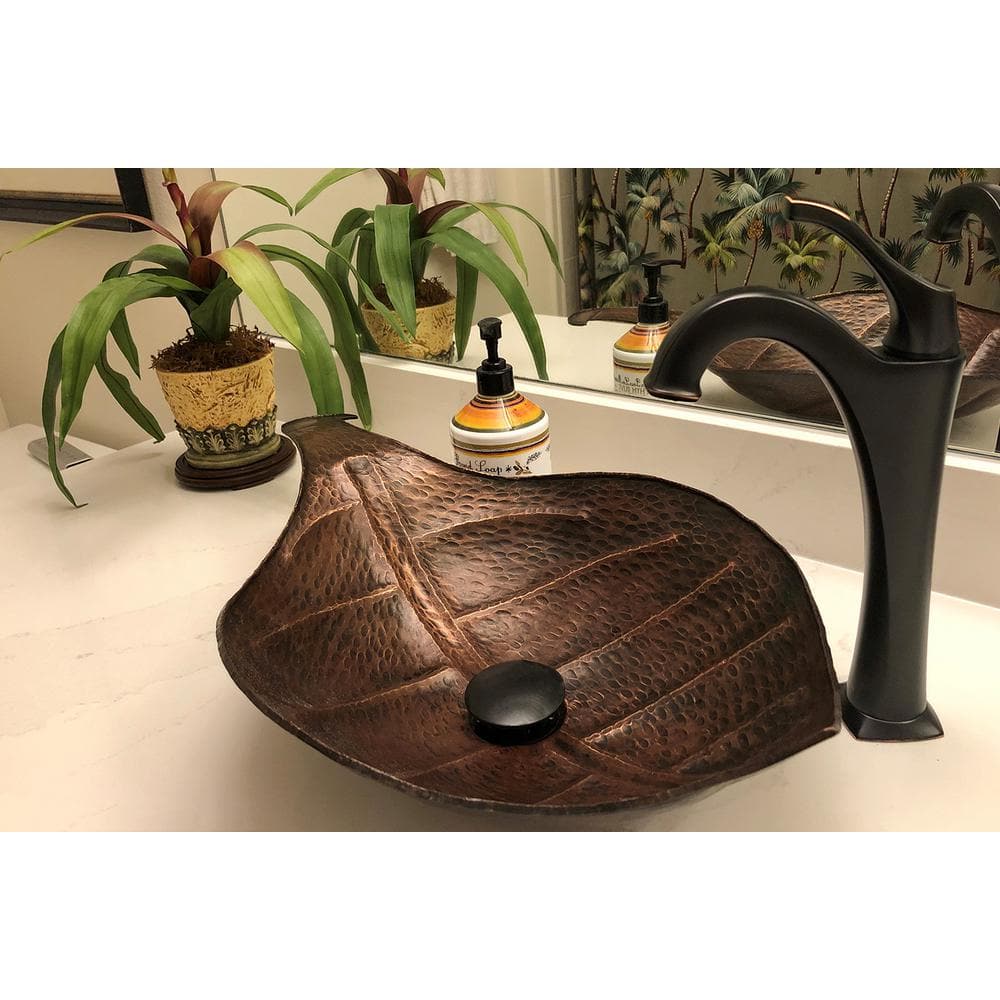Checking Out the Diverse Applications of Copper Products in Modern Industries
From boosting the efficiency of electric systems to playing an important duty in renewable power modern technologies, the versatility of copper is obvious. As sectors progressively prioritize advancement and sustainability, the varied applications of copper necessitate a closer assessment, especially regarding their prospective impact on future ecological methods and technological developments.
Electrical Applications of Copper
Copper is a necessary product in the electrical industry, representing roughly 60% of the overall need for non-ferrous metals worldwide - Copper Products. Its remarkable electrical conductivity, which is virtually twice that of aluminum, makes it the preferred selection for a variety of electrical applications. From electrical wiring systems in residential and commercial buildings to high-voltage power transmission lines, copper ensures efficiency and integrity in electricity distribution
Along with electrical wiring, copper is integral to the production of electrical components such as motors, transformers, and generators. These elements take advantage of copper's thermal conductivity and malleability, essential for warmth dissipation and efficient efficiency. Moreover, copper's resistance to corrosion boosts the life expectancy and toughness of electric systems, making it an economical solution in the long-term.
The development of renewable resource sources, such as solar and wind power, has even more boosted the need for copper in electric applications. As sectors change in the direction of lasting power remedies, copper's function becomes a lot more critical. In general, the versatility and efficiency features of copper strengthen its standing as a cornerstone product within the electrical industry, driving development and efficiency across numerous applications.
Plumbing and Piping Solutions
In modern pipes systems, the choice of products substantially impacts both performance and longevity. Copper has become a favored option due to its unique residential or commercial properties, including deterioration resistance and antimicrobial qualities. These characteristics ensure that copper piping continues to be risk-free and durable for transporting safe and clean water, an essential consideration in property and business applications.
One of the crucial benefits of copper in plumbing is its ability to withstand high temperature levels and pressures, making it ideal for a range of applications, from warm water systems to heating and cooling down networks. Furthermore, copper's adaptability permits easier installation in intricate piping layouts, lowering the risk of failings and leaks.
An additional noteworthy benefit is copper's lengthy life expectancy, often going beyond 50 years with appropriate maintenance. This durability not just minimizes replacement prices but also adds to lasting techniques by decreasing waste. Copper's recyclability aligns with contemporary ecological standards, promoting a circular economic climate within the plumbing sector.
Copper in Renewable Power
The versatility of copper expands beyond plumbing applications, playing an essential function in the renewable power market. In solar panels, copper is utilized basics in solar cells and circuitry, helping with reliable power conversion and transmission.

Additionally, as the worldwide demand for electric vehicles (EVs) increases, copper's function in battery systems and charging framework ends up being a lot more significant. The published here product's capacity to carry out electrical energy effectively is essential to the efficiency of EV batteries, boosting range and charging speed.
Copper's Duty in Electronic devices
Electronic devices making depends heavily on copper's extraordinary homes, particularly its high electric conductivity and thermal effectiveness. These characteristics make copper a perfect selection for a variety of digital elements, including adapters, circuit card, and wiring. The steel's capacity to efficiently transmit electric signals guarantees very little energy loss, which is crucial in high-performance digital devices.
Moreover, copper's thermal conductivity plays a considerable role in warm dissipation, safeguarding delicate parts from overheating. This is particularly important in modern-day electronics, where portable designs result in raised heat generation. Copper is also favored for its pliability and ductility, allowing it to be easily shaped right into elaborate layouts that meet the needs of sophisticated digital applications.
With the rise of consumer electronic devices, telecoms, and electrical lorries, the need for copper in the electronics industry proceeds to expand. Hence, copper stays a foundation material in the ever-expanding area of electronic devices.
Ingenious Uses in Production

One noteworthy application remains in additive manufacturing, where copper-based materials are Homepage used in 3D printing procedures. This permits the production of lightweight components and intricate geometries, especially in the aerospace and auto sectors. In addition, copper's thermal conductivity makes it an optimal option for warmth exchangers, boosting performance in commercial air conditioning systems.
Moreover, the surge of wise production has seen the incorporation of copper in IoT gadgets, where its conductive capabilities support sophisticated sensing innovations. In the realm of eco-friendly power, copper is crucial in the manufacturing of photovoltaic panels and wind generators, promoting extra reliable power conversion and distribution.
As sectors aim for sustainability and technology, copper's convenience and efficiency remain to position it as a crucial product, driving developments in manufacturing and adding to the development of smarter, a lot more effective products.
Verdict
The important duty of copper in sustainable power and its vital function in electronics emphasize its importance in progressing sustainable methods. Jointly, these applications highlight copper's vital contribution to technological progress and industrial effectiveness in contemporary society.
From improving the effectiveness of electrical systems to playing a crucial function in eco-friendly energy technologies, the adaptability of copper is apparent. As markets increasingly prioritize development and sustainability, the diverse applications of copper warrant a closer evaluation, especially regarding their possible influence on future technical innovations and ecological practices.
The growth of eco-friendly energy sources, such as solar and wind power, has actually additionally boosted the need for copper in electric applications. In general, the flexibility and efficiency features of copper solidify its standing as a keystone product within the electrical field, driving advancement and efficiency throughout numerous applications.
The convenience of copper extends past pipes applications, playing a vital function in the renewable power field.